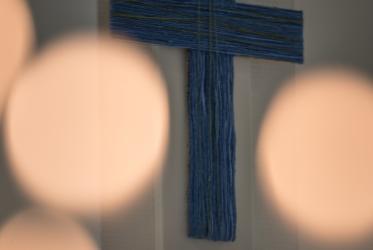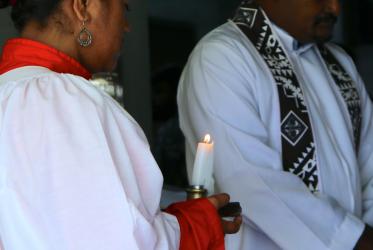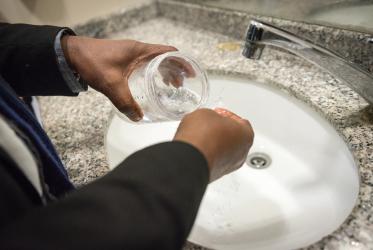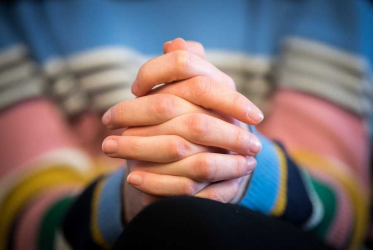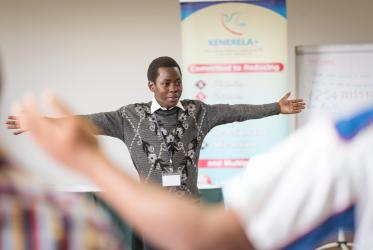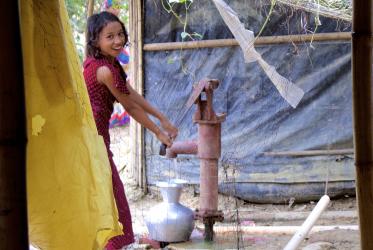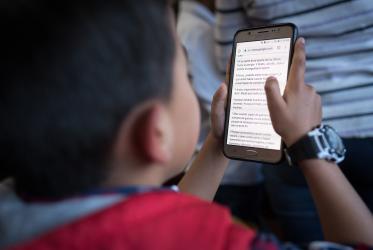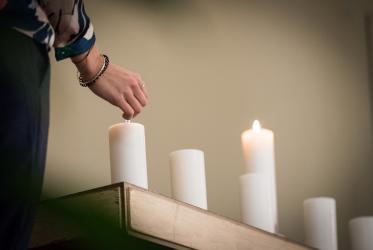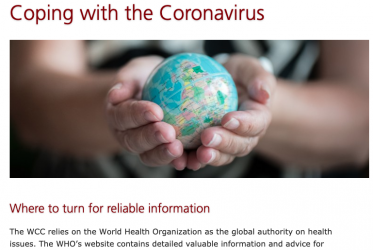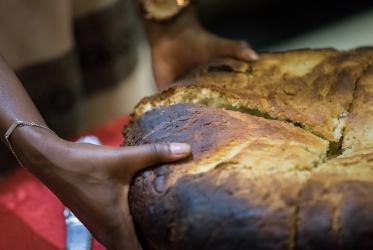Displaying 101 - 120 of 128
A visionary missionary heads home
25 March 2020
Global Lord’s Prayer “united for humanity”
24 March 2020
WCC urges everyone to pray at home
22 March 2020
WCC urges: “give highest priority to protect life”
21 March 2020
Christian communicators urge technologies that unite
20 March 2020
The essential role of crisis communication
19 March 2020
WCC webpage available on ‘Coping with the Coronavirus’
18 March 2020
Faith communities vital in overcoming hunger
18 March 2020

